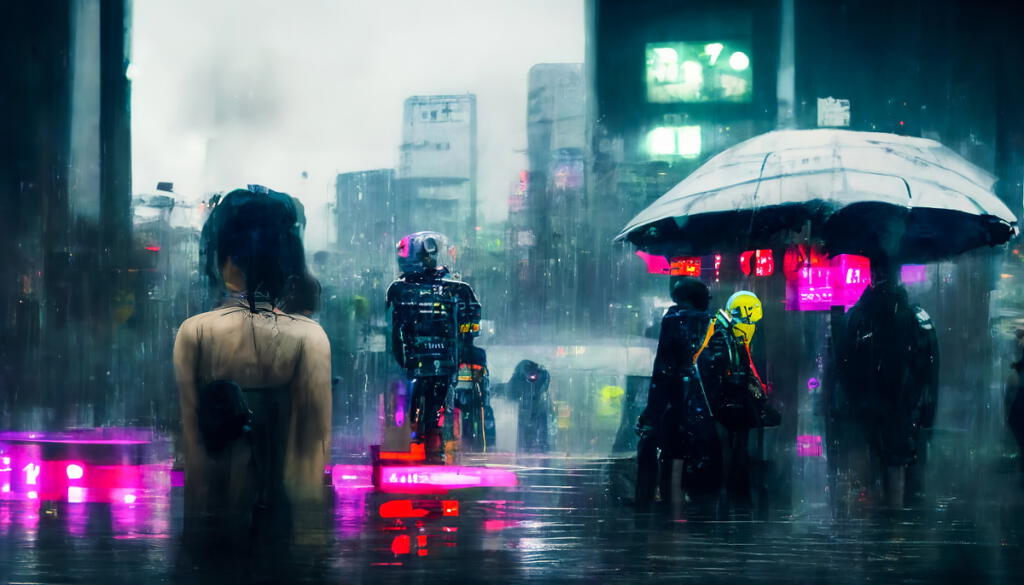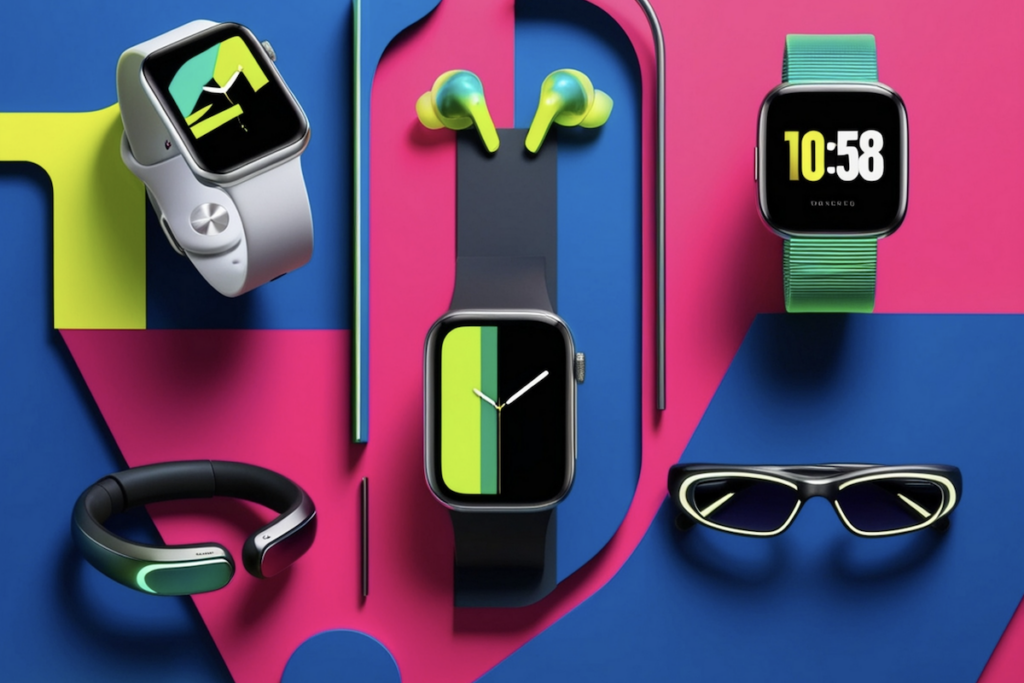Earlier this year, we saw the fashion brand Cape de Coeur release “The Guardian NFT,” a luxury rainproof cape that has been its signature design. The cape was designed in collaboration with Tony Murray and Isabel Martinez, and it aimed to “transcend space and place’ and “amplify individuality.”
Did the cape have any practical use? No, not really. However, it got us thinking, will we actually need weather-specific clothing in the Metaverse? Better yet, what will the weather look like in the Metaverse in the first place?
As it turns out, many people thought about the same thing.
Weather in the Metaverse? How Exactly?
While many reported on Meta building a Mateverse platform of its own, it’s far from the only company working on it. Epic Games, Roblox, and NVIDIA are just some companies with a big interest in this area.
The Metaverse will be a 3D virtual world that humans and computer-generated content will create. The users can access it through technologies like VR headsets, AR tools, and smart glasses.
Speaking of NVIDIA, they’re currently working on a Metaverse of their own. As Yahoo News reports, the company’s currently developing the Omniverse, an OS for building and connecting digital worlds.
The OS will allow architects to design structures that withstand extreme weather conditions. Using data gathered by AccuWeather, NVIDIA’s programmers can create all sorts of extreme weather conditions, like hurricanes, blizzards, and more.

Why Would the Metaverse Need Weather?
Let’s go stay on the topic of architecture for a minute. Realistic weather conditions in a simulated 3D world will allow architects to test their designs before they’re built in the real world.
This will save a lot of time, money, and resources. Not to mention, it will allow for the construction of buildings that can better withstand extreme weather conditions like hurricanes.
And that’s not all. The Metaverse provides a more immersive and realistic experience for users. For example, walking around a skyless void would be boring and take the user out of the experience.
Having a sky above your head, unpredictable weather, and a day-night cycle will make the Metaverse feel more like home.
What About the Practical Uses?
Imagine this; you want to visit a new destination. You’ve never been there, so you’re not sure about the weather and don’t know what to pack.
In the Metaverse, you can visit the destination virtually first and check out the weather. That way, you’ll know exactly what to expect, and you can pack accordingly.
Something like this will come in handy for events like concerts, festivals, and conventions. Imagine being able to check out the weather conditions before you commit to buying a ticket.
Another practical use for weather in the Metaverse is emergency preparedness. In a natural disaster, people can use the Metaverse to check on loved ones, find out about evacuation routes, and more.
Closing Thoughts
Remember the first time you saw weather effects in your favorite video game and thought to yourself, “wow, this looks so realistic.” Well, the weather in the Metaverse is going to be even more realistic.
Be prepared to be amazed by the level of detail and immersion that comes with having weather in the Metaverse. It’s going to be a game-changer.
Author
-

Keen blogger with a zest for Web3, delving into the symbiotic narrative of NFTs and decentralized frameworks.




